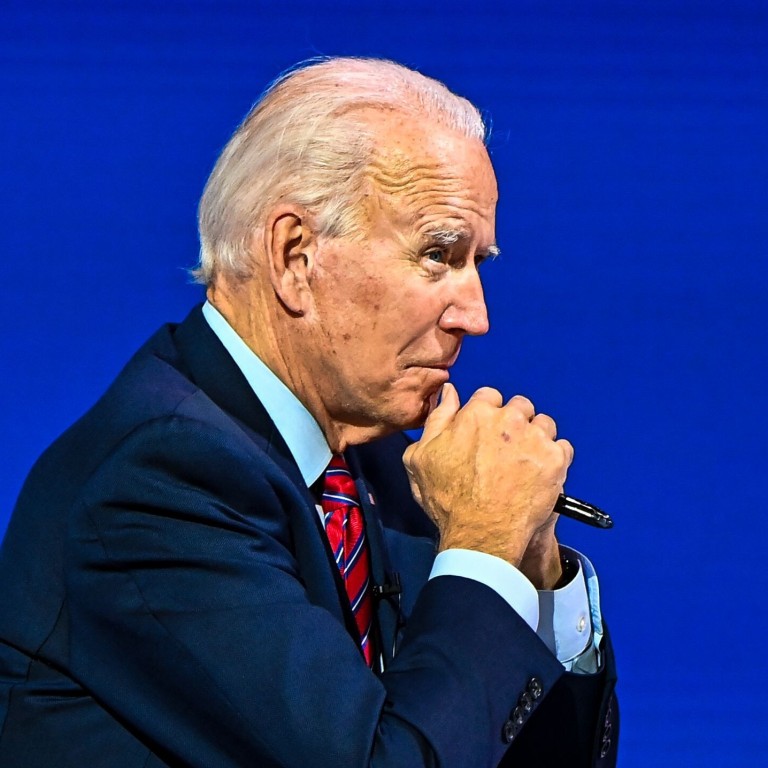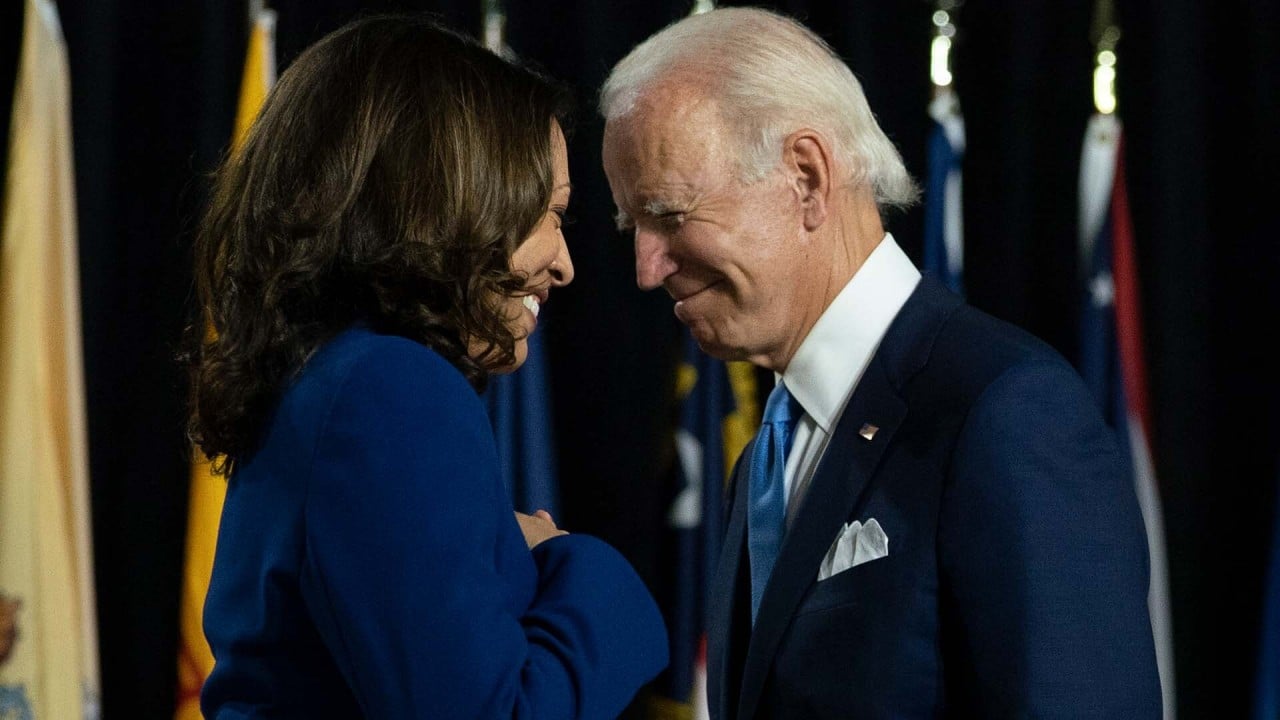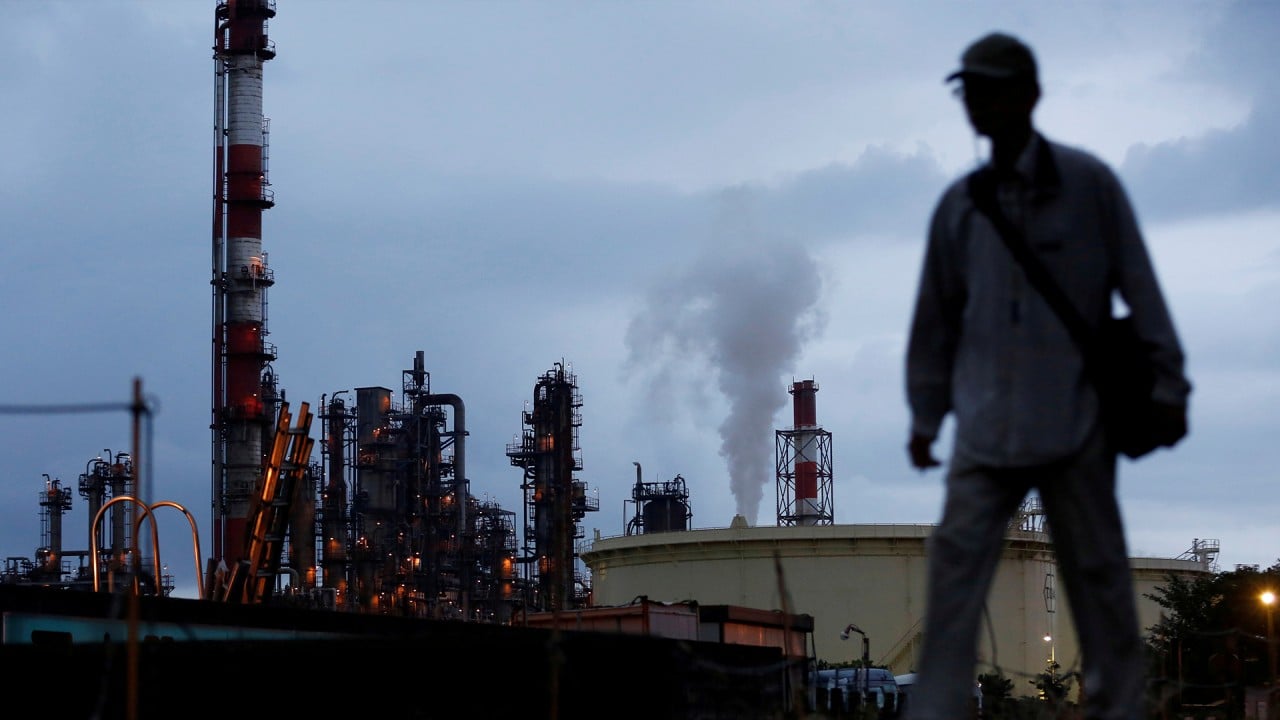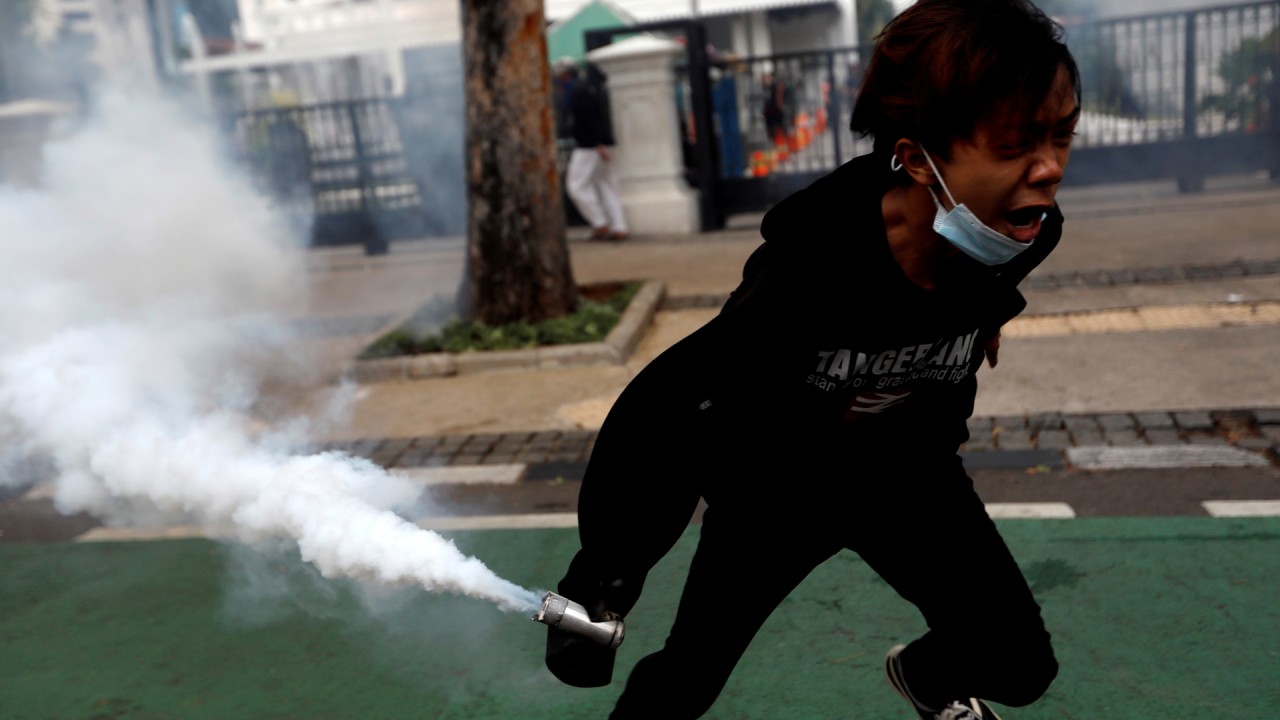
Joe Biden’s push for sustainable trade will be a delicate balancing act
- The president-elect is under pressure from Democratic Party progressives to adopt more stringent policies but must avoid erecting so many barriers for less-developed countries that trade liberalisation is stymied
Sustainable trade stipulates that trade needs to be pursued not only on the basis of economic gains; it must also strengthen social capital – for example, by ensuring high labour standards – and bolster environmental stewardship.
Of potentially greater importance, however, are the more stringent policies Biden will be under pressure to adopt from progressive elements within his party.

04:35
‘Welcome back America’: world leaders react to Joe Biden’s victory in US elections
With the election over, expect the progressive wing to push aggressively to see their proposals adopted and enacted by Biden’s administration.

01:43
Japan aims to be carbon neutral by 2050, says Prime Minister Suga
If these commissions concluded that any violations existed, the US government would be obliged to initiate dispute settlement. These conditions would apply not only to future trade agreements – existing trade agreements would be renegotiated to reflect these requirements.
Obviously, President-elect Biden will not adopt the progressive wing’s policy recommendations across the board and the more extreme proposals will be watered down or dropped.
While a more progressive approach to trade might give proponents of sustainability reason to celebrate, several practical downsides would soon become apparent. Too stringent sustainability preconditions would substantially limit the number of countries able to even commence trade negotiations with the US.

02:36
Violent protests against Indonesia's Omnibus Law on job creation enter second week
Once commenced, these provisions would limit the ability to successfully conclude negotiations. The trade agenda is already jam-packed with complex issues – ranging from digital trade, to industrial subsidies and state-owned enterprises – which make it immensely difficult and time-consuming to reach agreement. Adding challenging and progressive new provisions would only further diminish prospects for success.
And once concluded, such provisions would limit the ability of the respective participants to ratify the agreement. We have seen civil society groups up in arms over the impact of far-reaching progressive provisions in existing agreements.
The pandemic has served to heighten awareness of the need for sustainable trade. Support for the principles of sustainability is broad and rising. And Biden consistently weaves sustainability themes into his policy pronouncements.
While all this is encouraging, we need to recognise that not every problem in the world can be solved by a trade agreement. Be prudent about what you push to include.
What is embraced from one perspective as a responsible, sustainable trade policy is rejected from another as nothing other than green protectionism – a cynical way for rich countries to use faux environmentalism to throw up barriers to less-developed countries. Such an approach is unlikely to whet the appetite of developing countries for trade agreements.
How then to proceed? The concept of sustainable trade is all about striking a balance among contradictory needs and the acceptance that uncomfortable trade-offs are sometimes necessary, at least in the short term. Less-developed countries need to be given adequate policy space to make these judgments.
Rigid criteria and one-size-fits-all requirements will backfire. Unrealistic expectations serve no one’s best interests and will only discourage participation in trade agreements. As the Biden administration pursues a more sustainable trade policy, it will be important not to let the perfect become the enemy of the good.
It would be a sad irony if the first sustainable trade presidency resulted in a big step backwards on trade liberalisation.
Stephen Olson is a research fellow at the Hinrich Foundation

